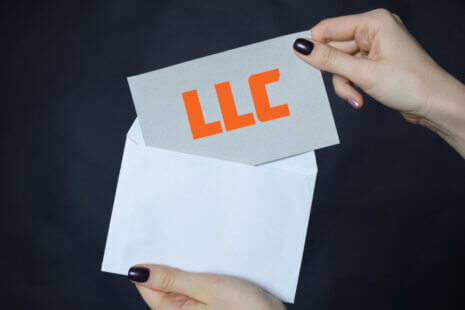Business owners can face taxation at both the business level and the individual level, depending on the structure of their business and how profits are distributed. This concept is often referred to as “double taxation.” You should understand that not all business structures are subject to double taxation.
- Pass-Through Entities – Many small businesses, including sole proprietorships, partnerships, limited liability companies (LLCs), and S corporations, are pass-through entities for tax purposes. This means that the business itself does not pay income taxes at the entity level. Instead, the profits or losses “pass through” to the owners’ personal tax returns, and the owners pay taxes on their share of the business income at their individual tax rates. In this case, there’s no double taxation because the business’s profits are only taxed once, at the individual level.
- C-Corporations – C corporations are subject to double taxation because they are taxed at both the corporate level and the individual level. The corporation pays corporate income tax on its profits, and then shareholders pay taxes again when they receive dividends or realize capital gains from selling their shares. This can result in a higher overall tax burden compared to pass-through entities.
While double taxation is a consideration for C corporations, they offer other benefits such as limited liability protection and potential access to capital markets.
Tax laws and regulations can be complex and subject to change, so it’s advisable for business owners to consult with tax professionals or financial advisors to determine the most advantageous business structure and tax strategies for their specific situation.




